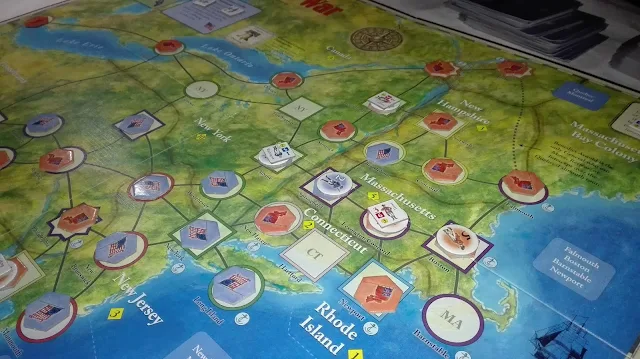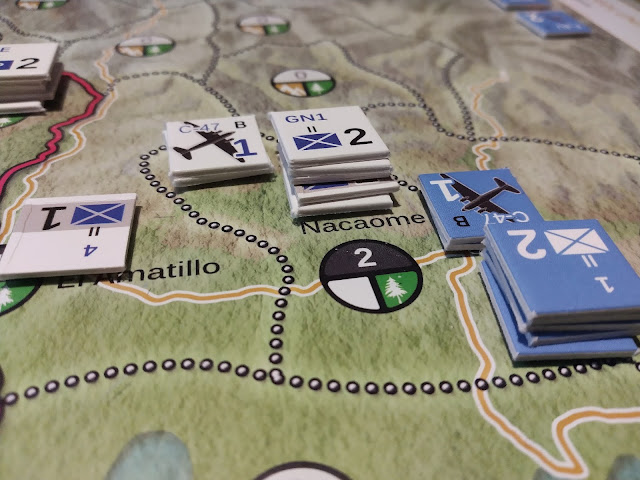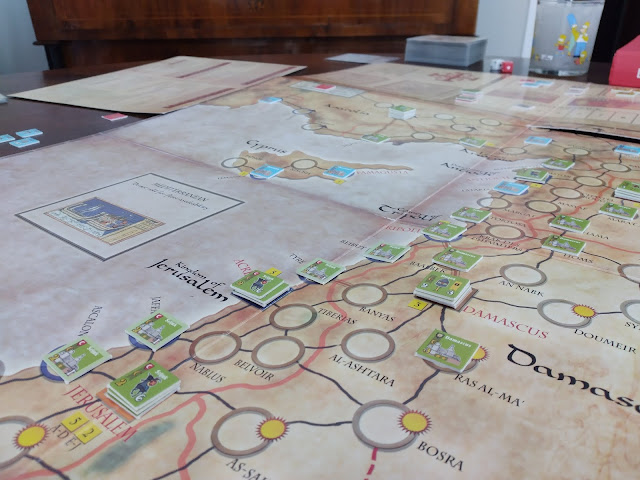Washington's War. The war from the armchair
American: Laura Beltrami
British: Alex Isabelle
This was "the Washington War" even though George Washington actually fought it very little.
The northern colonies in fact soon turned into a sensational stalemate, marked only by occasional Iroquois riots. The American leader actually managed it quite badly and in 1776 he was almost captured: he managed to retreat before the battle, that he would have certeanly lost, and then built a well-garnished outpost in Springfield, where he cowardly remained until the end of the war.
The southern colonies went through a differen story. After the arrival of an English division, South Carolina and North Carolina were scared shitless and returned to fly the English flag, while Georgia, after a year of anarchy, chose to remain loyal to the rebel cause.
Twice the congress venue was stormed and occupied by British troops. After the events of Philadelphia and Point Pleasant it was moved to the far south, to St. Mary's, in the devastated Georgia, which unified the people and prevented this state from returning to the reins of mother England.
Crucial, however, was the victory of the British troops in Wilmington, Delaware, by General Burguyne over the American Greene, immediately arrested following the clash, which fixed British control over this colony and ended the multi-year clashes in the central territories, which were dangerously leaning towards an American political advantage.
A final Iroquois revolt, which made the colony of New York independent, ended the game with a series of massacres between Saratoga and Albany. The state of Connecticut, soon after, said it was loyal to the Kingdom.
The fall of Lord North's government in 1981 put an end to colonial disputes. Having acknowledged that an insufficient number of colonies had remained faithful to the rebellion, the separatists laid down their arms and handed themselves over to justice.
Do you want to read other stories? Click here for the full list.











Comments
Post a Comment